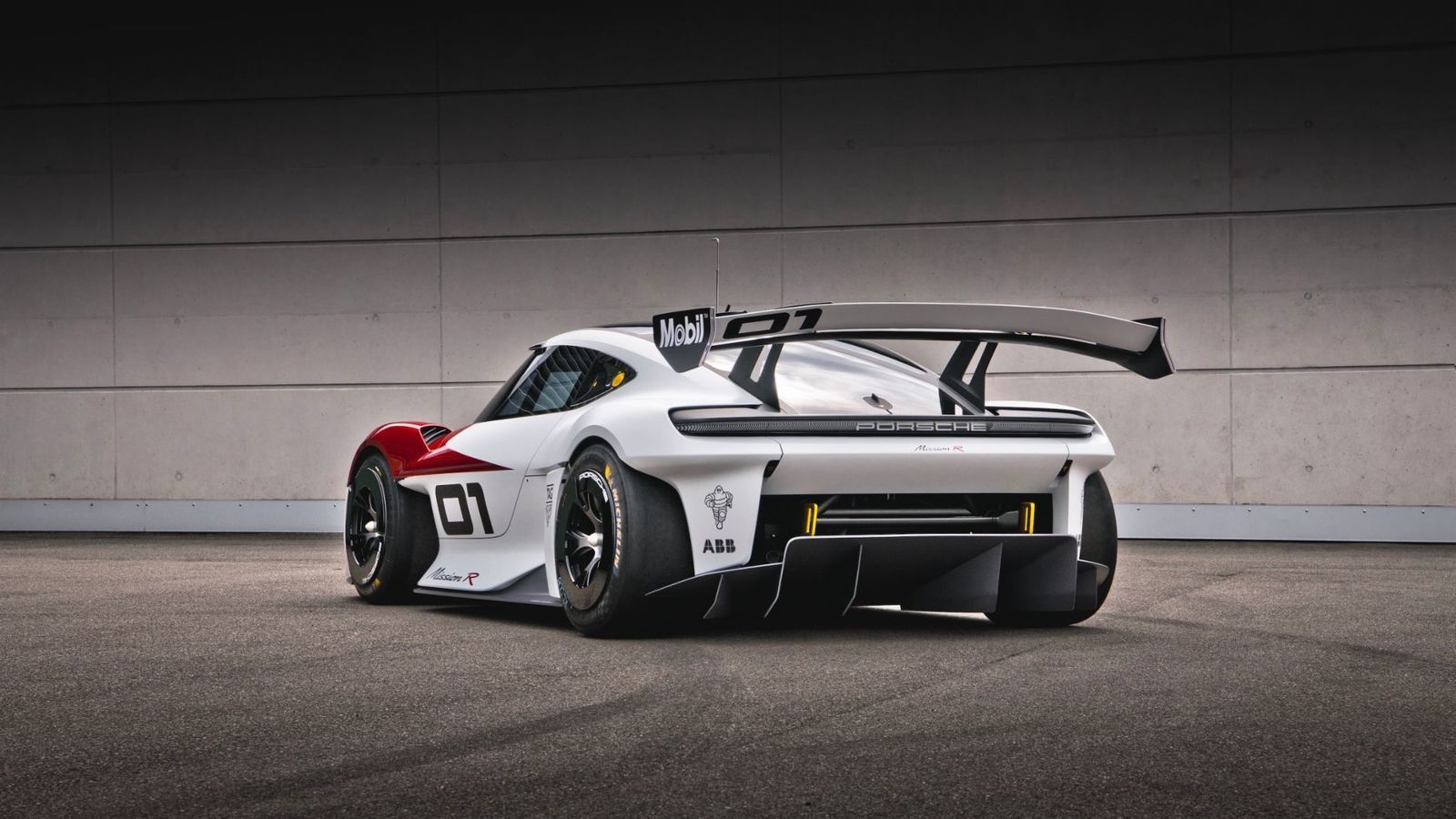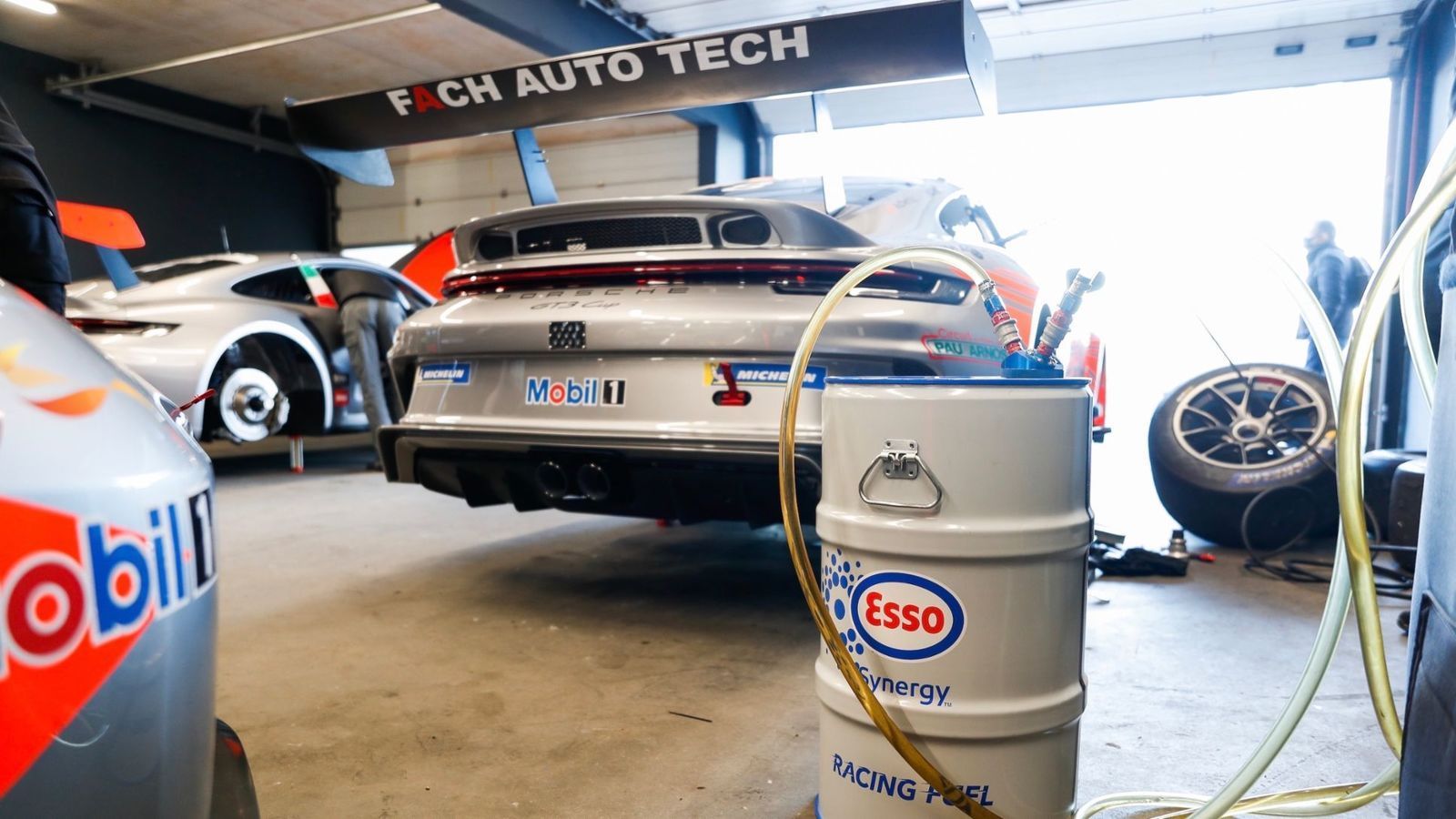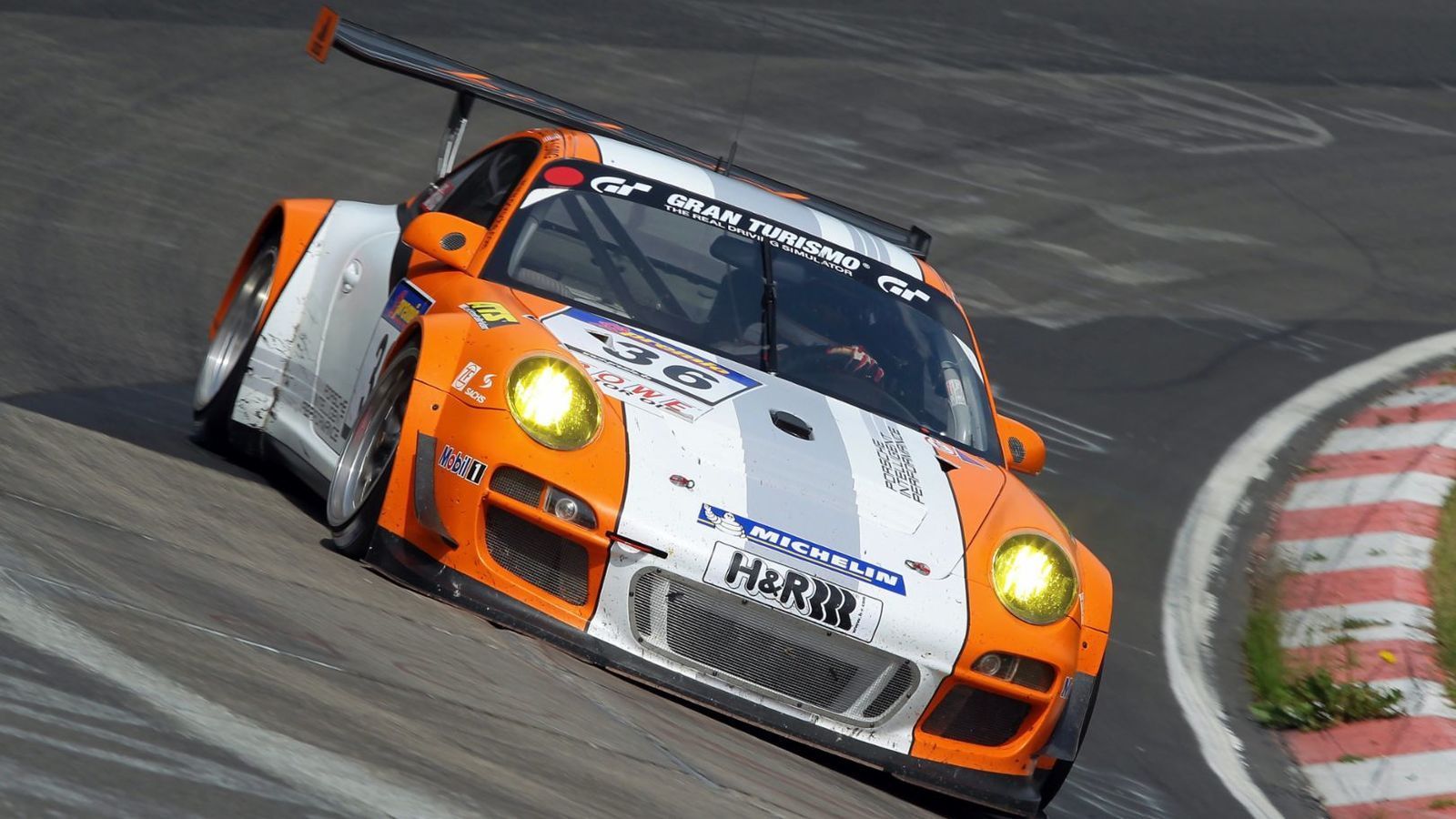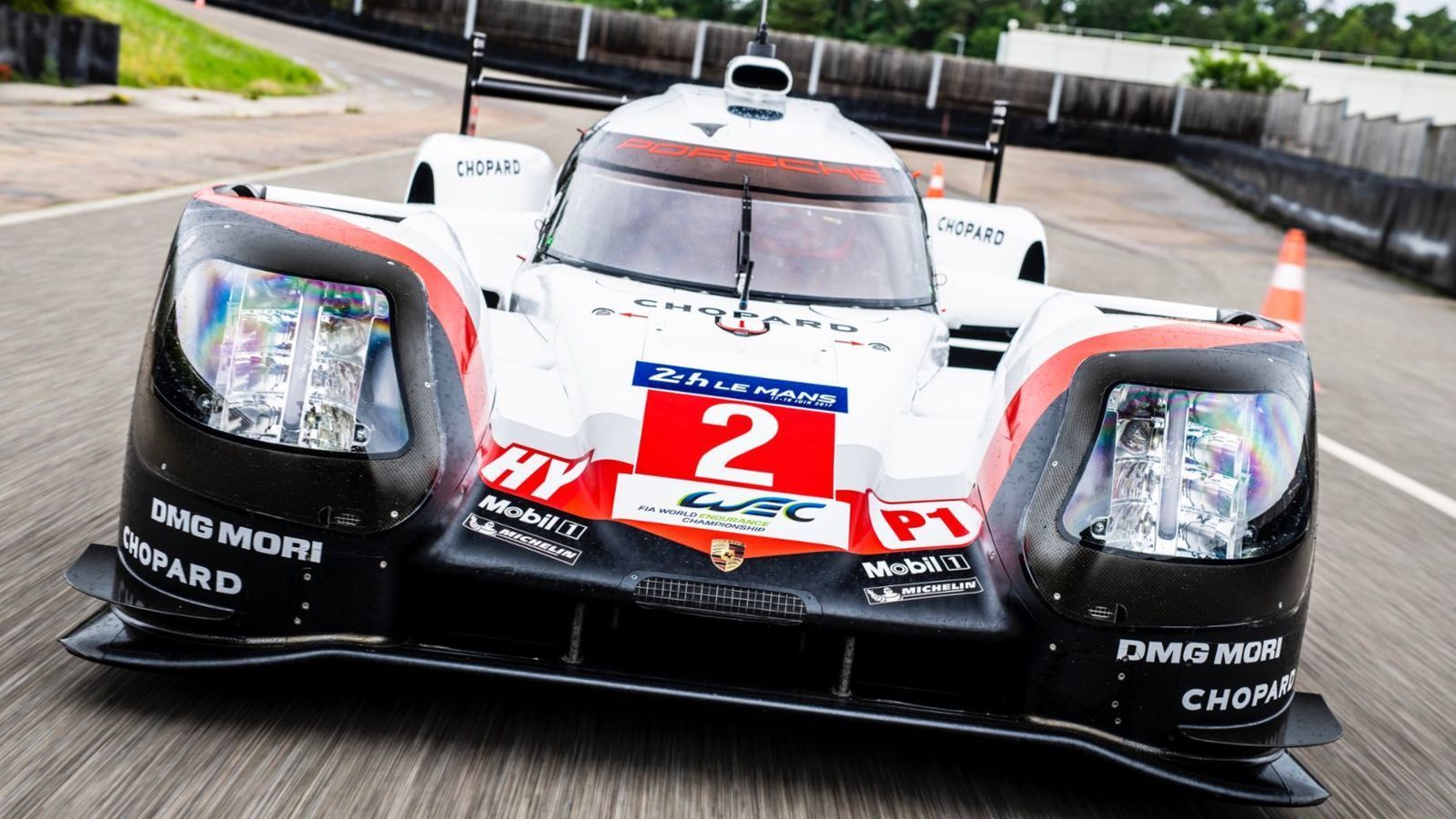Porsche's Tech Transfer Through and From Motorsports
Porsche has always had a symbiotic relationship with their racing efforts trickling down to street-legal products.










Another Logical Step
Prioritizing sensible applications with idealistic technology, Porsche's been able to remain the industry vanguard for fifty years. The inception of their first all-electric GT-style racer, the Mission R, provides another opportunity to showcase their forward-thinking approach to motorsports—and how it improves Porsche's road-going vehicles.
But First: Alternative Fuels
There's no shortage of Porsche racing cars out there. Currently, there are thirty one-make series worldwide with around five hundred participants.
Since this highly competitive style of high-performance, high-parity racing was started thirty years ago, more than 4,400 911-based Cup cars have been produced, making the 911 Cup is the world’s best-selling racing car.
This vast fleet of production-based racing cars has encouraged Porsche to try a variety of racing fuels; most recently, a selection of synthetically produced fuels for use in series production.
This advanced bio-fuel is obtained from food waste products and blended with other ingredients to produce the right combustion characteristics and octane rating—one of 98 in this case.
>>Join the conversation about Porsche's racing tech right here in the 6SpeedOnline Forum!
A Decade of Hybridization
In 2010, Porsche brought a hybrid 911 GT3 R to the Nurburgring 24 Hour.
This modified Cup Car built upon the 470 horsepower of the snarling flat-six with two electric motors powering the front axle. These two were light enough to keep the GT3 R's weight down to just 2,800 pounds.
The energy recovered through braking—an additional 200 horsepower—could be deployed for 6-8 seconds at a time.
This helped scythe through traffic and put the GT3 R in a winning position until a disappointing end two hours before the flag. However, for a first stab, that was a stellar result.
It laid the foundation for an interesting ten years filled with hybrid supercars and Le Mans winners with an unusual whine complementing the buzz of combustion.
>>Join the conversation about Porsche's racing tech right here in the 6SpeedOnline Forum!
Speed No Longer Simple
The raucousness and ferocity of the Carrera GT was now refined; controlled and precise. With the 918, more horsepower was funneled through four wheels across one of the widest rev ranges in the automotive kingdom.
The complete harnessing of its electric shove made this car one of the most potent—even when put up against lighter, more powerful vehicles. Though no longer the intimidating machine its predecessor was, the 918 helped usher in a new era of hypercars—one dominated by efficiency and control.
Still, one could never call a car this visceral and quick an engineering exercise.
>>Join the conversation about Porsche's racing tech right here in the 6SpeedOnline Forum!
Culimation of Complexity
That could be said of the 919, though implying it was anodyne in any way would be wrong.
A compact V4 engine, a hybrid system, four-wheel drive, and more success than any electrically powered car had ever enjoyed: three consecutive wins at the 24 Hours of Le Mans. In its sprint-oriented EVO guise, it was record-shatteringly fast; beating the then-current Mercedes F1 car around Spa-Francorchamps.
And now, that battery tech honed through grueling endurance races has now made its way into the Taycan.
Who wonders where we'll be at the close of this decade?
>>Join the conversation about Porsche's racing tech right here in the 6SpeedOnline Forum!
